Today in Friday Facts we bring you
information about squirrel monkeys. They are shy, quiet and non-aggressive. Rudy (affectionately known as Rudy Patootie)
is a new resident of the sanctuary, approximately one and a half years
old. He has beautiful colouring and is
thriving with new neighbours Cheeko, Pockets and Jenkins. A sweet little guy, he loves jumping and
playing with Cheeko. His favourite foods
are grapes, bananas and dried cranberries. In the warm weather Rudy enjoys
being outside “talking” with Seek, Whisky, Minnie and Chili and enjoying the
wind in is hair.
 |
| Little Rudy Patootie |
Did you know…
·
Saimiri sciureus is the
scientific name of the common squirrel monkey.
·
Squirrel monkeys come from Central America
and are arboreal primates, living in trees and rarely coming down to the
ground.
·
Favourite foods are fruits, seeds, nuts,
insects and small bird eggs. If there is
a lack of these items, they can survive on nectar from flowering plants.
·
It is only during infancy, that the tail of a
squirrel monkey is prehensile. When they reach maturity, the tail is mostly
used for balancing which helps them jump from one tree to another.
·
As with most primates, squirrel monkeys are
highly social and live in close knit groups which can sometimes number into the
hundreds of individuals. Typically they divide into male, females and
youngsters and juvenile sub-groups.
·
Squirrel monkeys squeak and chirp and so far
scientists in the field have identified thirty different vocalizations. We are learning many of them at the sanctuary
from Rudy!
·
Although numerous in the wild, deforestation
and habitat destruction due to agriculture and tourism development as well as
insecticide spraying are causing a decline in numbers.
·
Squirrel monkeys are small (approximately one
foot in length) and “cute” so people wrongly conclude they can be pets. The illegal capture and trafficking of these
monkeys as part of the pet trade is of high concern, as it results in
decimation of wild family groups.
·
Squirrel monkeys mark their territory by
urinating on their hands and feet. Then they rub their limbs all over their
body, leaving a scent trail wherever they walk. Scientists believe that this
behaviour helps them track other members of the group, control their body
temperature or is a form of self-cleaning.
·
Foster Friends makes a great holiday gift!

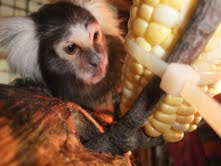
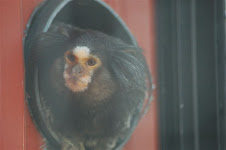
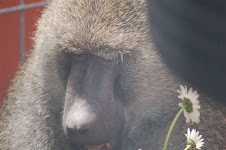

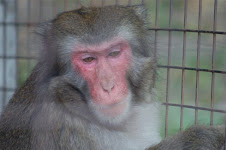
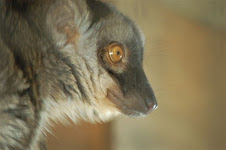

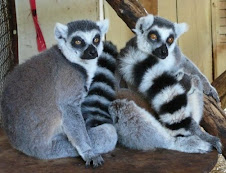

No comments:
Post a Comment